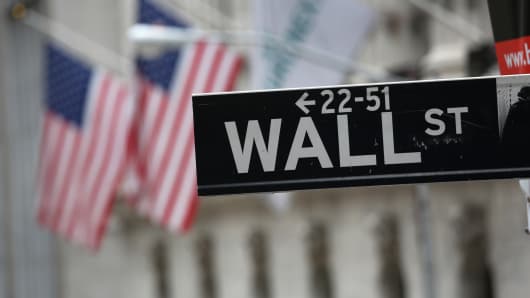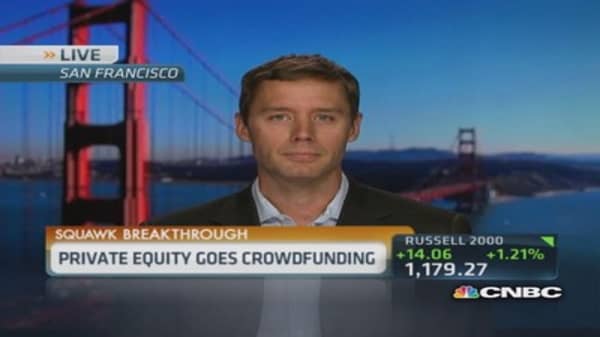Equity investors often abandon their long-term plans when geopolitical tensions create market-moving headlines, but our research shows it's time to ensure that investors follow through.
After the onset of six of the most prominent geopolitical crises since 1974, our research shows global equity investors would have recovered their losses in anything from one to 190 days. Because the recovery period is so unpredictable, investors who panic and sell on the morning of a crisis may find the markets recover much quicker than expected.
Second-guessing geopolitics is usually unprofitable.
Read MoreChico's explores sale to private equity
If a geopolitical crisis doesn't alter the fundamental argument for an asset, it may in retrospect even be a catalyst to buy, not sell. Investors may initially assume markets will take a while to recover and stay on the sidelines. Later, they may find out the recovery period was actually shorter and, in hindsight, an opportunity to get in at cheaper valuations. Even when assets bounce back, investors may lack the stomach to re-enter a market that recently saw dramatic volatility. When framed in this context, investors should see geopolitical volatility as an insufficient reason to alter strategic plans.
How to prepare
Although knee-jerk reactions to a crisis tend not to pay off, there are things investors can do to prepare.
Read MoreLooking for equity ideas? Wunderlich Securities has eight
First, they should focus on longer-term economic and corporate dynamics. Our research shows business cycle trends can affect portfolios far more than single events. The collapse of the Soviet Union at the end of 1991 did not have as much impact on the market as the U.S.'s emergence from a recession just nine months previously. Investors should only expect a larger risk premium to creep into markets if they believe a geopolitical issue is correlated to broader set of problems, or if it is not contained.
With respect to recent events, this could come about if we believe that rising geopolitical tensions are attributable to some underlying factor that could play out elsewhere. But unlike the Arab Spring, recent bouts of political turbulence do not seem to have a clear underlying cause. Investors who try to ascribe systemic importance to these events are effectively gambling. They would be better served by focusing on broader factors, chiefly the global economic recovery, as a clearer, more ubiquitous source of returns.




